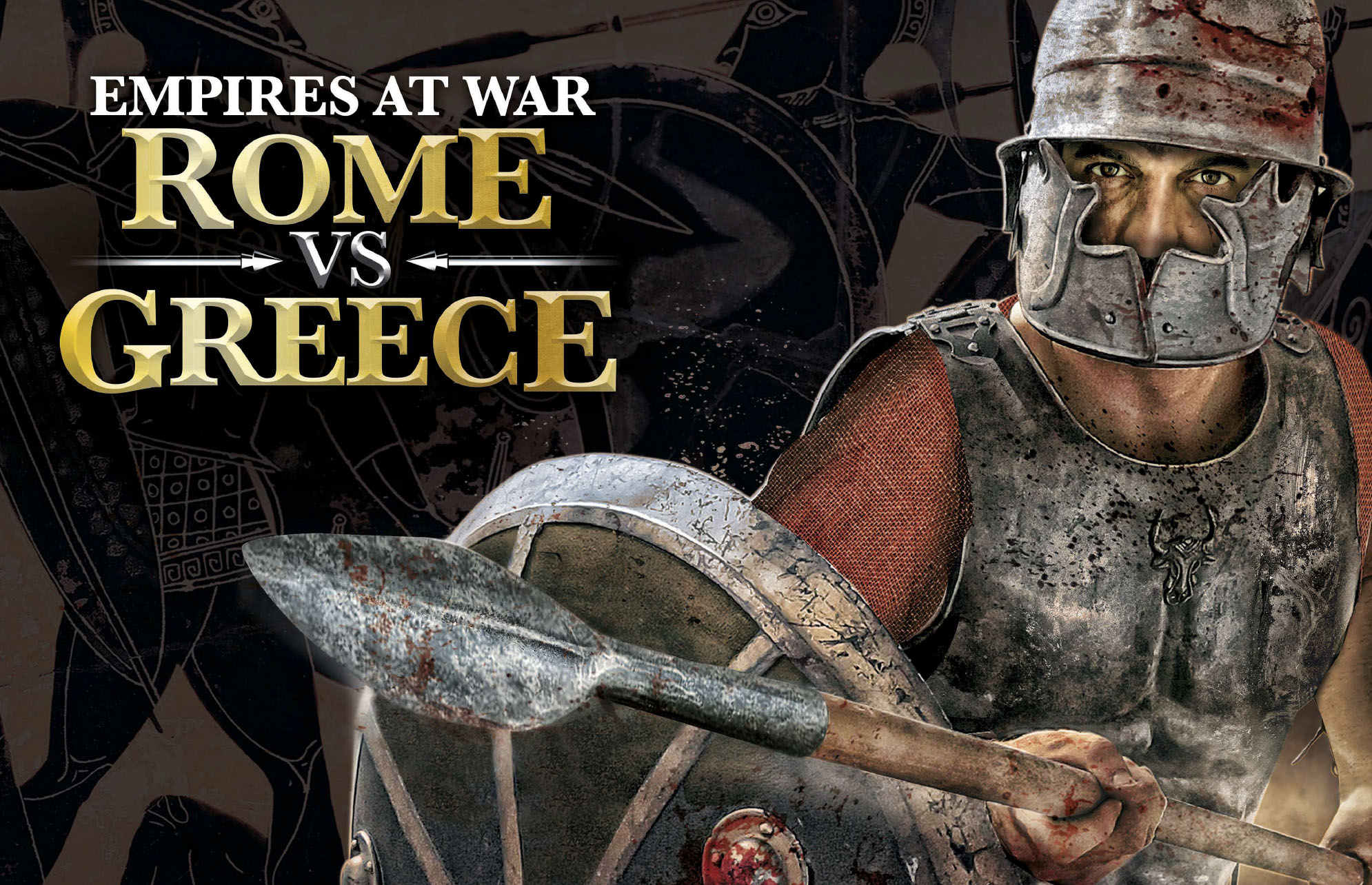
The Second Punic War saw Hannibal and his troops–including as many as 90,000 infantry, 12,000 cavalry and a number of elephants–march from Spain across the Alps and into Italy, where they scored a string of victories over Roman troops at Ticinus, Trebia and Trasimene. Two years later, he marched his army across the Ebro River into Saguntum, an Iberian city under Roman protection, effectively declaring war on Rome. Upon Hasdrubal’s death in 221 B.C., Hannibal took command of Carthaginian forces in Spain. According to Polybius and Livy in their histories of Rome, Hamilcar Barca, who died in 229 B.C., made his younger son Hannibal swear a blood oath against Rome when he was just a young boy. Over the next decades, Rome took over control of both Corsica and Sardinia as well, but Carthage was able to establish a new base of influence in Spain beginning in 237 B.C., under the leadership of the powerful general Hamilcar Barca and, later, his son-in-law Hasdrubal. Though Carthage had clashed violently with several other powers in the region, notably Greece, its relations with Rome were historically friendly, and the cities had signed several treaties defining trading rights over the years. (The word “Punic,” later the name for the series of wars between Carthage and Rome, was derived from the Latin word for Phoenician.) By 265 B.C., Carthage was the wealthiest and most advanced city in the region, as well as its leading naval power.

Tradition holds that Phoenician settlers from the Mediterranean port of Tyre (in what is now Lebanon) founded the city-state of Carthage on the northern coast of Africa, just north of modern-day Tunis, around 814 B.C. Background and First Punic War (264-241 B.C.) In the Third Punic War, the Romans, led by Scipio the Younger, captured and destroyed the city of Carthage in 146 B.C., turning Africa into yet another province of the mighty Roman Empire.

In the Second Punic War, the great Carthaginian general Hannibal invaded Italy and scored great victories at Lake Trasimene and Cannae before his eventual defeat at the hands of Rome’s Scipio Africanus in 202 B.C., which left Rome in control of the western Mediterranean and much of Spain. when Rome interfered in a dispute on the Carthaginian-controlled island of Sicily the war ended with Rome in control of both Sicily and Corsica and marked the empire’s emergence as a naval as well as a land power. By the time the First Punic War broke out, Rome had become the dominant power throughout the Italian peninsula, while Carthage–a powerful city-state in northern Africa–had established itself as the leading maritime power in the world.


and ending in Roman victory with the destruction of Carthage in 146 B.C. The three Punic Wars between Carthage and Rome took place over nearly a century, beginning in 264 B.C.


 0 kommentar(er)
0 kommentar(er)
